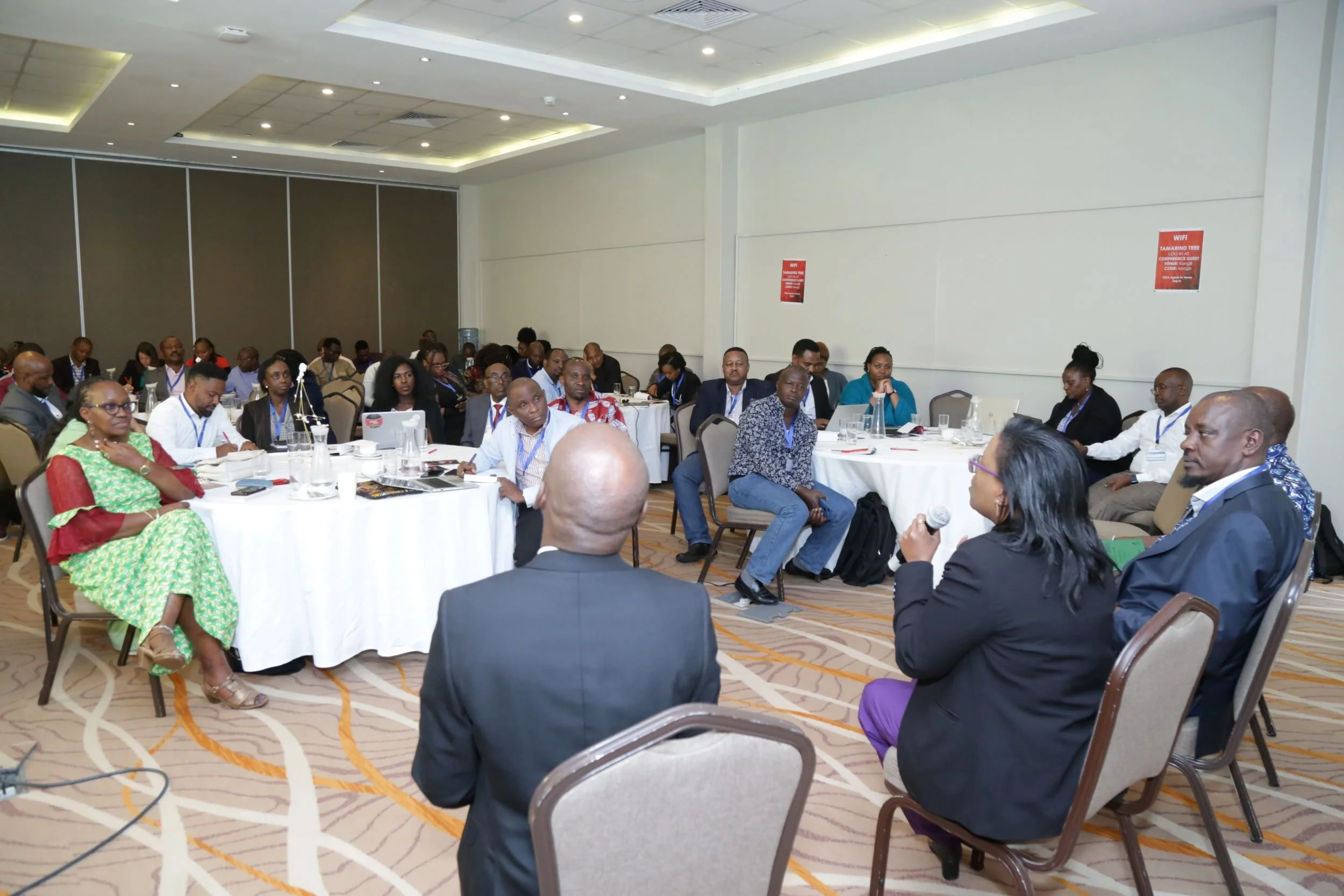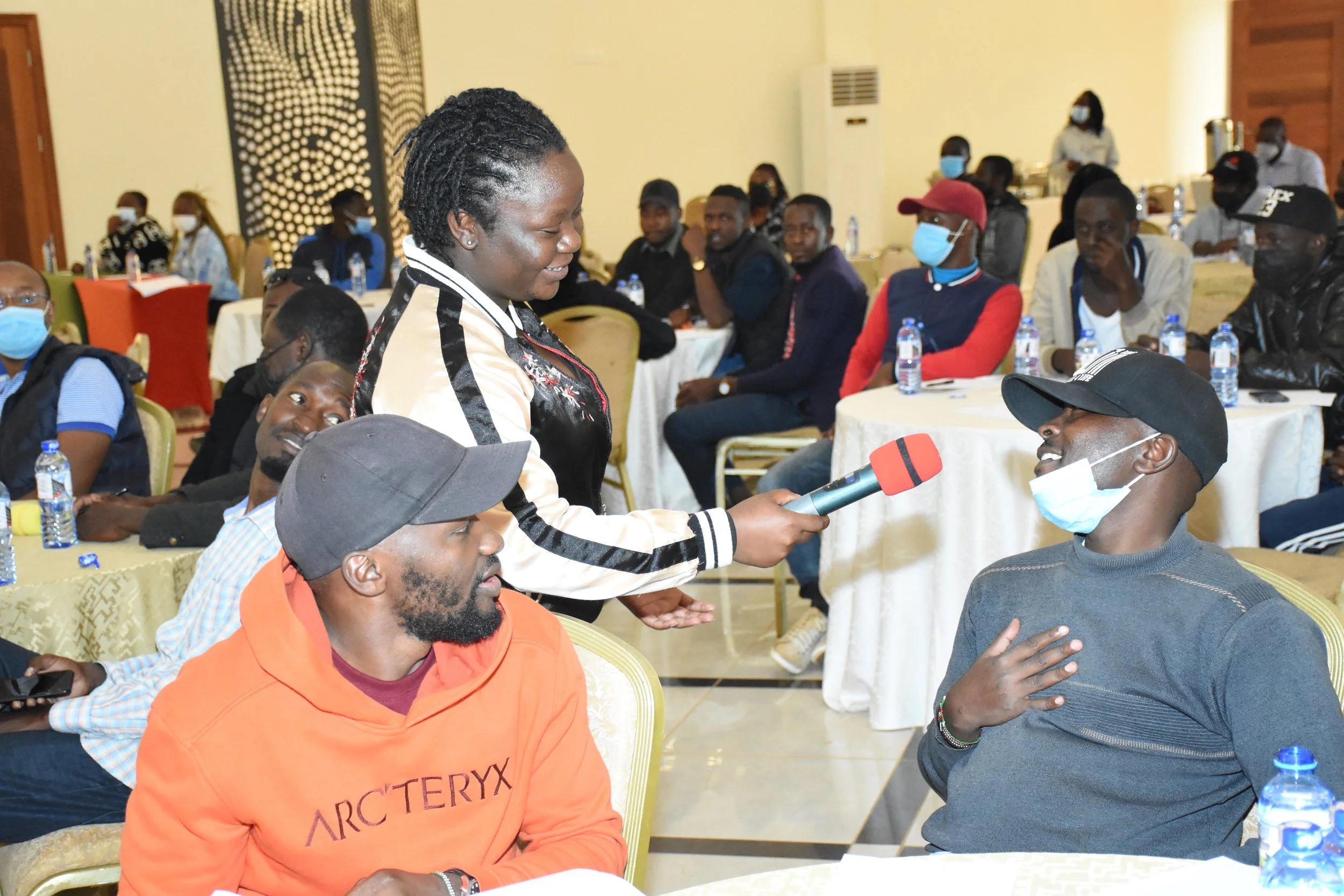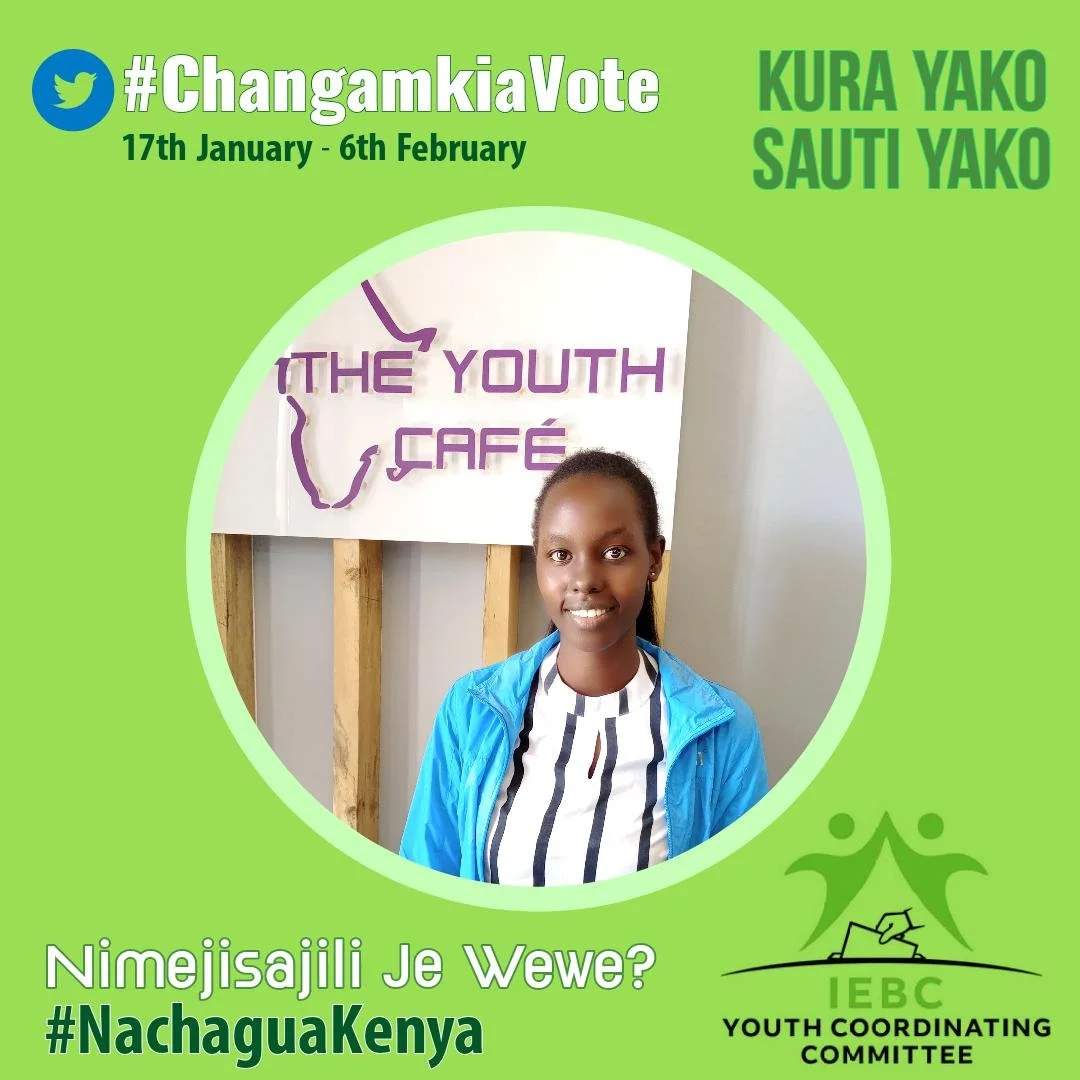There have been thirteen (13) more cases of abductions or enforced disappearances in the last three (3) months bringing to eight-two (82) the total cases since June 2024. Seven (7) of the recent abduction cases were reported in the month of December 2024 with six (6) of them still missing, bringing to twenty-nine (29) the total number of persons still missing since June 2024.
A Position Statement on Climate Change and Health for COP28
We, The Youth Cafe, recognise the urgency of addressing climate change, with Africa facing heightened vulnerability to its devastating impacts. The latest findings from the IPCC’s Special Report on Global Warming reveal that our planet is now 1.1 degrees Celsius warmer than pre-industrial levels, with projections indicating a potential 1.5-degree threshold as early as 2040. Disturbingly, each successive decade since 1850 has been more generous than the last. The escalating temperature trend driven by human-induced greenhouse emissions threatens health, food security, and economic stability. According to the World Health Organization (WHO), approximately 250,000 deaths per year may be directly linked to climate change-related issues such as heat stress, malnutrition, vector-borne diseases and water-borne diseases.
Harnessing Africa’s Youth Population For Inclusive Growth
Africa stands at a critical juncture in its history, with a rapidly growing youth population that presents both challenges and opportunities. As the continent grapples with pressing issues such as food security and economic development, it is crucial to harness the potential of this demographic dividend to achieve inclusive growth. By empowering Africa’s youth and creating an enabling environment, we can transform the continent’s food systems and unlock its economic potential.
The Youth Café And Gender Equality
We are a youth development organization that prides itself on building a gender-aware, gender-sensitive, gender-responsive, and gender-equal society. We embrace Diversity, Equality, and Inclusion (DEI) by adopting gender transformative approaches that create opportunities to challenge gender norms, promote social and political positions in communities, and address power inequities between persons of different genders.
The Youth Cafés Report Of The 7th Eu-Africa Business Forum 2022.
The 7th EU-Africa Business Forum (EABF22) took place online from 14th to 18th February 2022 and in a hybrid format on the 16th and 17th of February 2022, at The Square, in Brussels (Belgium). The Forum was jointly promoted and sponsored by the European Commission and the African Union Commission and organized in partnership with the Pan-African business organizations Africa Business Council, Pan African Chamber of Commerce and Industry, AfroChampions, Business Africa, and the PanEuropean business organizations Business Europe, European Business Council for Africa and the Mediterranean, Eurochambres and European Entrepreneurs CEA-PME.
Unlocking Finance To Build Forward Better From The Covid-19 Crisis & Accelerate Delivery Of Sustainable Development.
The African government's economic crisis over the Covid-19 Pandemic equals (1 to 7)% of their GDP, contributed by African Governments deploying fewer funds and measures for high-quality recovery. At The Youth Café, we believe that there is a need for financial education. This will increase unlocking finance to build forward better from COVID-19 and accelerate delivery on Sustainable Development as intended: To identify effective measures to address the overarching challenge of mobilizing adequate and sustainable finance to invest in sustainable recovery from the COVID-19 crisis and accelerate the implementation of the 2030 Agenda and Agenda 2063. To identify and articulate the financing needs and provide high-level insights on opportunities to mobilize finance, focusing on the role of the Liquidity and Sustainability Facility designed and launched by ECA and partners.
How Does The Youth Café Promote Critical Citizenship Among Youth In Kenya?
The Youth Café trains the youth on civic education driven by result-oriented, evidence-based performance, which informs Our Theory of Change: A Pathway for Action, Sustainability, Results, Learning, and Adoption. These changes include institutional changes, service systems, community norms, partnerships, public will, policies, regulations, service practices, business practices, and issue visibility.
The High-Level Global Conference On Youth-Inclusive Peace process | The Youth Café.
The High-Level Global Conference on Youth-Inclusive Peace Process was held virtually on 20-21 January 2022, co-hosted by Qatar, Finland, and Colombia, and co-organized with civil society and UN partners. It began with a Youth Pre-Event on 19 January 2022, leading up to the Global Conference on 20-21 January 2022. The high-level conference aimed to secure national commitments to advance the country-level operationalization of the Youth Peace Security agenda and strengthen political will and commitment to including youth in peace processes. Interactive and action-oriented discussions convened across five themes building on the Youth Peace Security agenda between Heads of State and other High-Level Government representatives, young peacebuilders, and representatives of intergovernmental organizations, CSOs, academia, and donors.
How Can We Get More Young People To Register As Voters.
Acknowledging the dire need for increased youth participation in the electoral process, The Youth Café has been working on ways to get more young people to register as voters. Research by the Office of the United Nations High Commissioner for Human Rights (OHCHR), shows that the youth could be largely categorized in three distinct demographics, classified according to age; with the first demographic being young people aged between 18-24 years, then 25-29 years and 30-35 years. Each of these key demographics will require a different approach to get them to register as voters.
Excerpt Eight From A Recent Interview With University College London | Business Models That Enable Both Profit And Purpose In The Kenyan Context
Earlier this year, The Youth Café was interviewed by Eliana Summer-Galai, a Masters student with the Institute of Global Prosperity at University College London (UCL). This interview was to provide insight into her research on the Kenyan Social Enterprise Ecosystem. This is the eighth post of the series on Finding business models that enable both profit and purpose can be challenging globally, how do you see this in the Kenyan Context?











